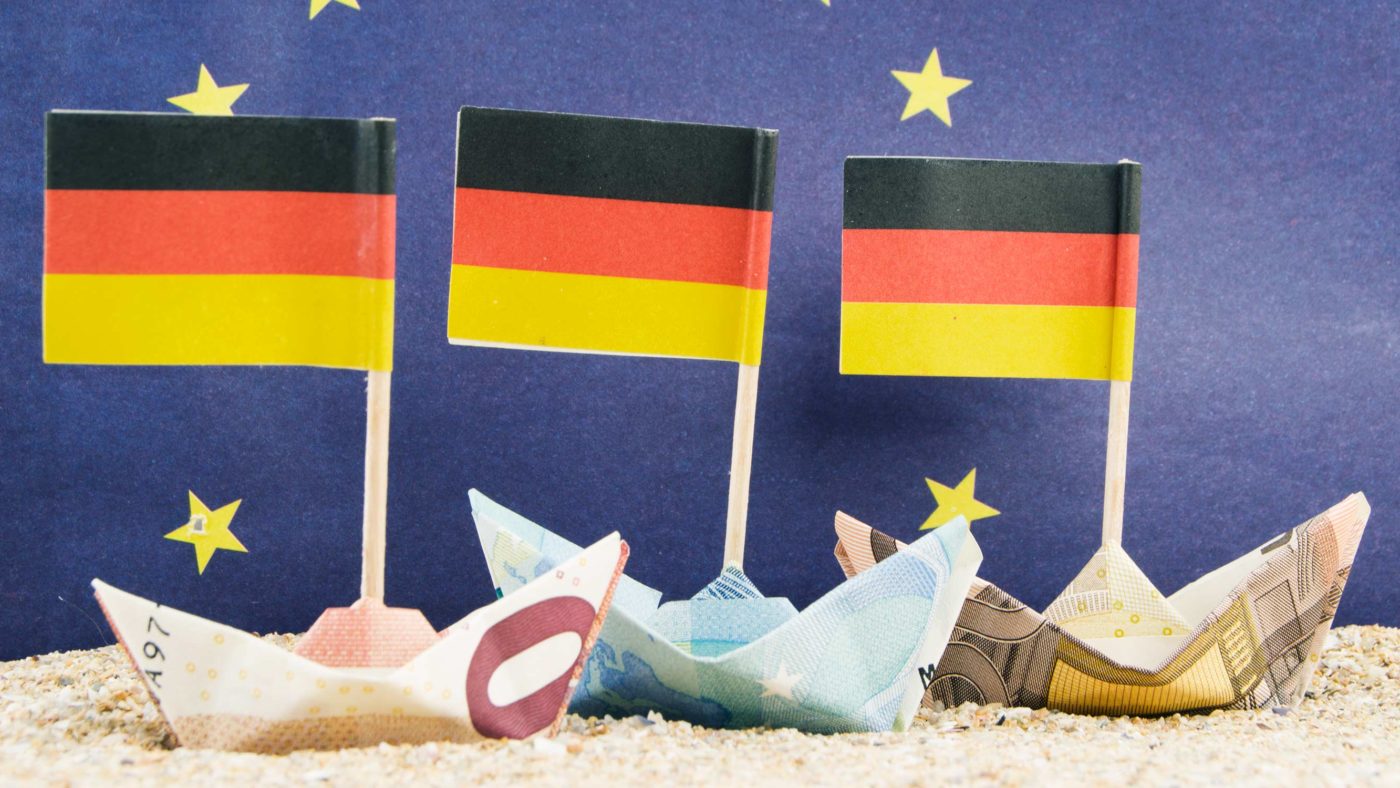Germans are very good Europeans. Germany has toed the ECB line on ‘whatever-it-takes’ pandemic response policies, but whether that continues is not a given if the structure of German politics changes post-Merkel.
Consider what happened in the UK. For many decades our politics were stable with Thatcher, Major, Blair, and Brown. Then, look at how quickly it turned chaotic, and the talent pool dried up, Labour imploded, and we hoped and prayed Boris Johnson was a solution. Hope is never a good strategy.
German politicians have been very good Europeans since the 1950s. Its next generation of faceless blobs may exude EU orthodoxy today, but what will follow them? What if Germany heads down the same populist road as the UK? I don’t expect a ‘Gexit’ – the Germans are not stupid, and the EU has been extremely good for them – but they could create all kinds of long-term economic crises if they demand a change in the rules.
What if the next generation of German politicians take note of where the ECB has got them and start asking pointed questions? And, what if that is happening just as the ECB faces an inevitable crisis of consequence?
Jens Weidmann, the arch-Bundesbanker, has been publicly muted in his criticism of how the ECB has mutualised European funding through its ‘social’ EU bond programme. Effectively, these bond programmes allow the EU to fund member nations, giving them de facto control of fiscal spending. That is not what Germany and the Bundesbank thought they were signing up to.
In order to placate the Germans about the consequence of these programmes, the ECB is making noises about ending or scaling back its Pandemic Emergency QE bond (PEPP) buying binge later this week. That might reassure whoever replaces Merkel that German workers aren’t paying Italian pensions, even though they are.
The tipping point for Germany maybe how the ECB reacts to inflation. August’s 3% European inflation print was a shock. Germans are acutely sensitive to inflation. Germans require new trousers whenever inflation is mentioned in polite company for historical reasons involving printing presses, war reparations, and wheelbarrows. And inflation is coming.
The problem for the ECB is that ending PEPP, currently running at €80 billion of debt each month, won’t address inflation. The 3% EU inflation spike is largely supply-side generated, a consequence of the pandemic and supply chain disruption. German automakers, a critical bough of the economy, are warning chip disruptions could last two years. Labour shortages in logistics and hospitality are fuelling wage demands across Europe. Supply-side blockages occurring just as post-pandemic populations start spending again will generate real inflation.
The past six years of ECB QE and previous do-whatever-it-takes measures by the ECB to rescue banks and EU economies have done critical genetic damage to the functioning of the European economy. Rather than supporting growth, its policies have institutionalised low growth by dampening entrepreneurial spirits and business evolution, supported lacklustre companies and strengthened the stultifying bureaucracy that is draining the life out of the European economy.
Cheap money did not spur a massive European growth spurt but kept Italy, Spain, Greece et al afloat and saved them from economic calamity and – worse from an EU perspective – exiting the Euro. Moreover, all that distorting monetary creation in financial assets is now being exported into the real economy as inflation as economies reopen.
The traditional response to inflation is to raise rates to limit monetary creation via lending and slowing the velocity of money in the economy. How would that work in Europe? Not well. Raising interest rates will impact the rest of the continent catastrophically. This week expect the ECB to make encouraging forecasts about how the August inflation print was an aberration, a spike that will be quickly reversed. Their forecasts for next year will be below the 2% target.
Europe is not Germany. If you want to measure the risks inherent in a political shift in Germany, look at how the rest of Europe is doing. Growth may be recovering, but how much of that is just spending repressed by the pandemic? Look at the charts, and European economies are almost as active as they were pre-pandemic, when they were hardly thriving. So when ECB economists are highlighting 50% hotel occupancy in Spanish resorts as a signal of economic strength, we should be concerned.
Click here to subscribe to our daily briefing – the best pieces from CapX and across the web.
CapX depends on the generosity of its readers. If you value what we do, please consider making a donation.


